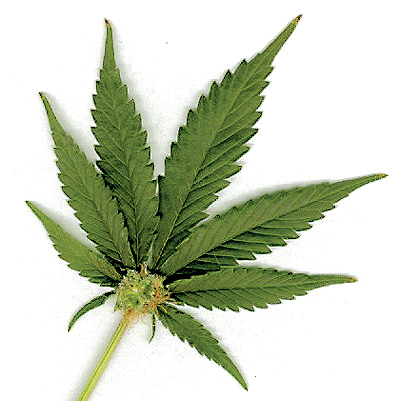The effort to create a statewide system of medical marijuana dispensaries ended in failure after lawmakers pushed on into literally the latest hour possible trying to reach agreement on the contentious bill. ADVERTISING The effort to create a statewide system
The effort to create a statewide system of medical marijuana dispensaries ended in failure after lawmakers pushed on into literally the latest hour possible trying to reach agreement on the contentious bill.
House Bill 321 died in conference Friday evening after conference chairs failed to see eye to eye on the number of dispensaries and grow sites and how they should be approved.
“The House refused to agree to my draft, which doubled the grow sites, provided for 10 licenses statewide and licenses on every county,” said Kona Sen. Josh Green, one of the conference chairmen.
The major sticking point, though, was Green’s insistence that the licenses be issued on a first come, first served basis, said Puna Rep. Joy San Buenaventura, one of the House conferees.
Green agreed that point killed the legislation.
“Unfortunately, I’m sad to say the biggest unresolvable difference was the House chair insisting on a back room licensing process with no transparency, which invited abuse and corruption,” he said, noting that he submitted nine different drafts of the 100-some page bill to the other side over the last two weeks incorporating their suggestions.
Green wanted to see dispensaries set up on the Big Island by 2016. But San Buenaventura said the legislation called for too quick of a rollout.
“It’s too soon,” she said. “With all these requirements of having $2 million, the $100,000 application fee, needing to have a lab already in place, all of these things in place so soon, implies to me the first ones to turn in their application were already informed of what to expect. It smacks of insider knowledge.”
The two chambers were far apart this week on key aspects of the legislation, with Green leading the push on the Senate side for what he said was a manageable and secure program. But the House chafed at his proposal of four licenses and 10 dispensaries that would handle production and distribution, saying that was too limiting. The House also took issue with his requirement that dispensary owners be licensed health care professional with access to $2 million, saying the requirement favored big business and the health care industry.
Green said he allowed two grow sites to tied to one license in his final draft and opened the dispensaries to anyone holding a professional license, not necessarily a medical one.
“I’m sad today because I know so many people who could benefit,” he said. “We would have had dispensaries open in eight months.”
Growing marijuana can be tricky. But that or a purchase on the black market has been the only resource for many of the state’s 13,000 medical marijuana users since the medicinal form of the drug became legal in 2000. Hawaii has lagged behind other states that have legalized medical marijuana in creating dispensaries for the product.
San Buenaventura said she hopes the Legislature can get it right next time, with adequate time to confer on key points and perhaps borrowing from the playbook of states that are already operating successful dispensaries. Green said lawmakers have hopefully learned where to start next year in the dialogue.
For some who were unhappy with the the idea of driving to Hilo or Kona to get their medicine, the failed effort may not be a huge loss.
“For me, the bill seems so onerous as far as the taxes and limited number of dispensaries. The island is huge,” said Michelle Kern, a Waikoloa resident.
Kern’s sister uses medical marijuana to relieve the pain associated with cancer in multiple organs.



